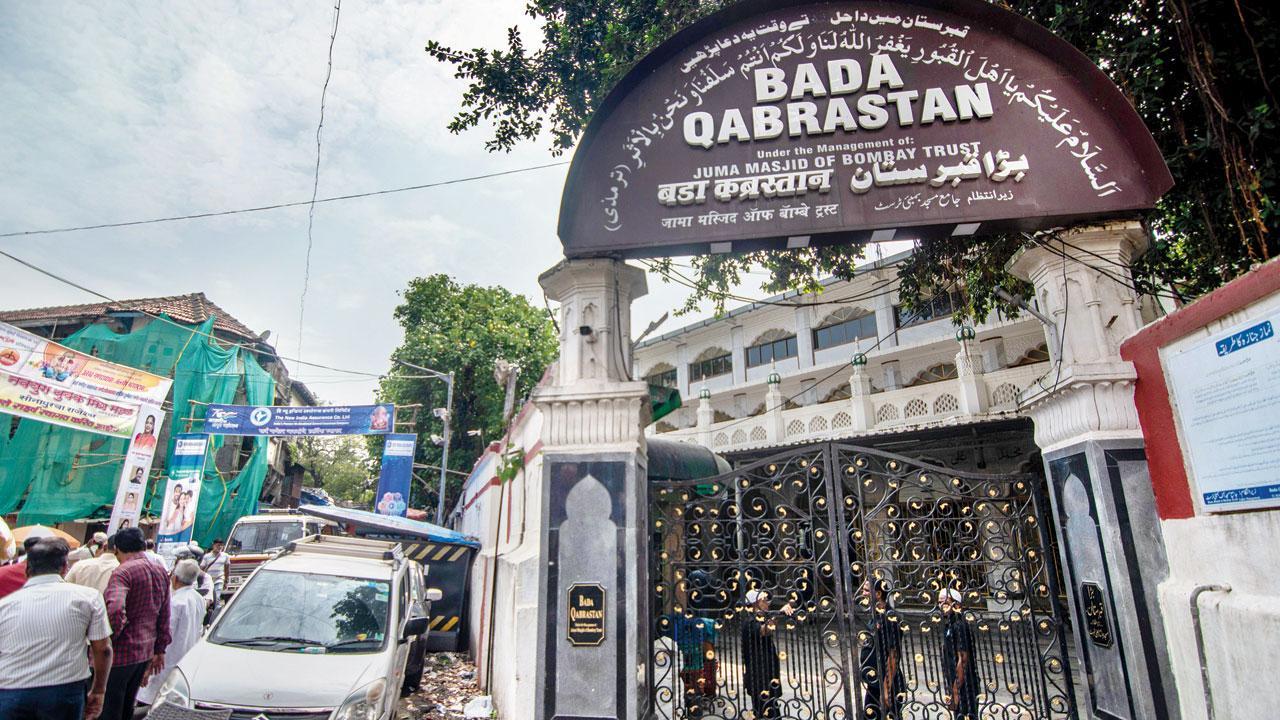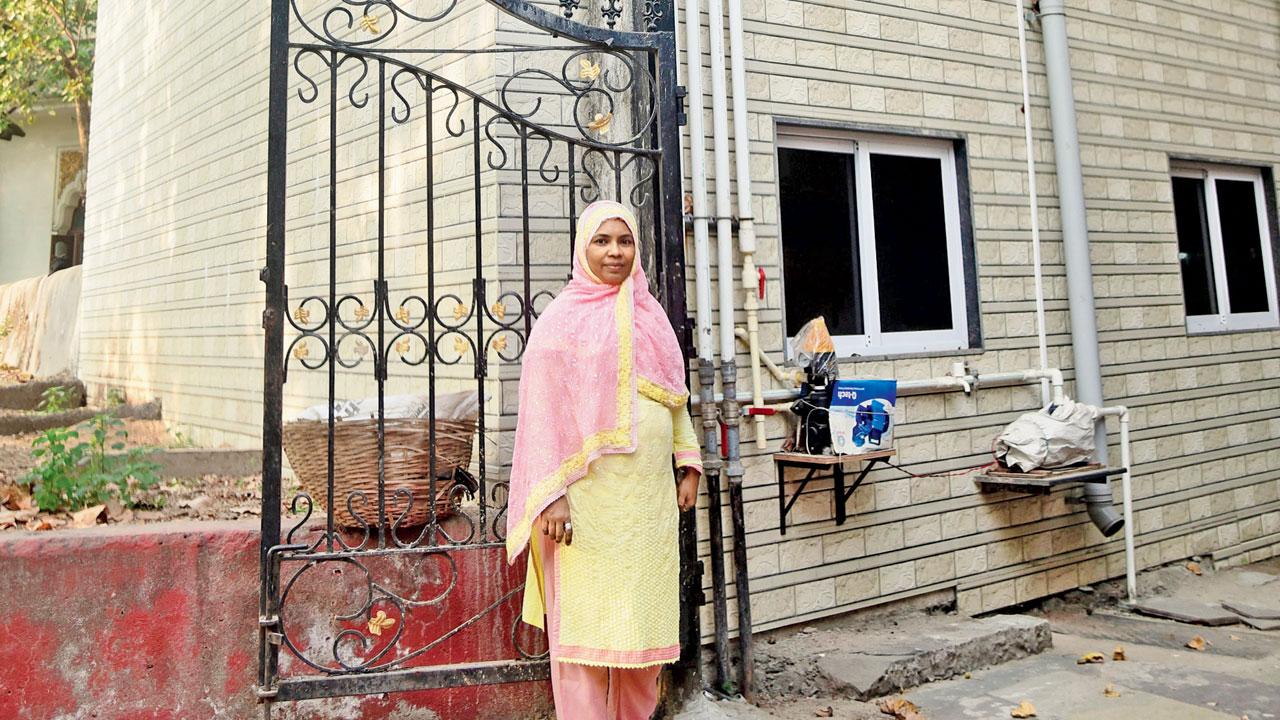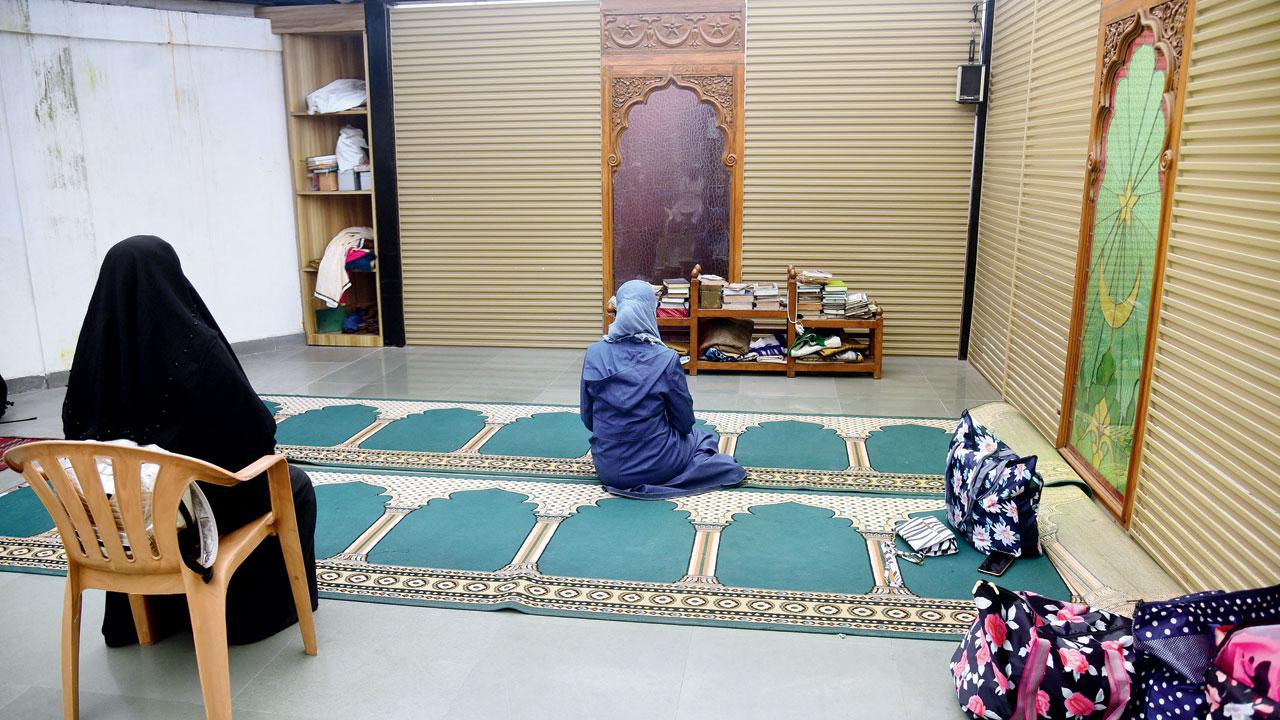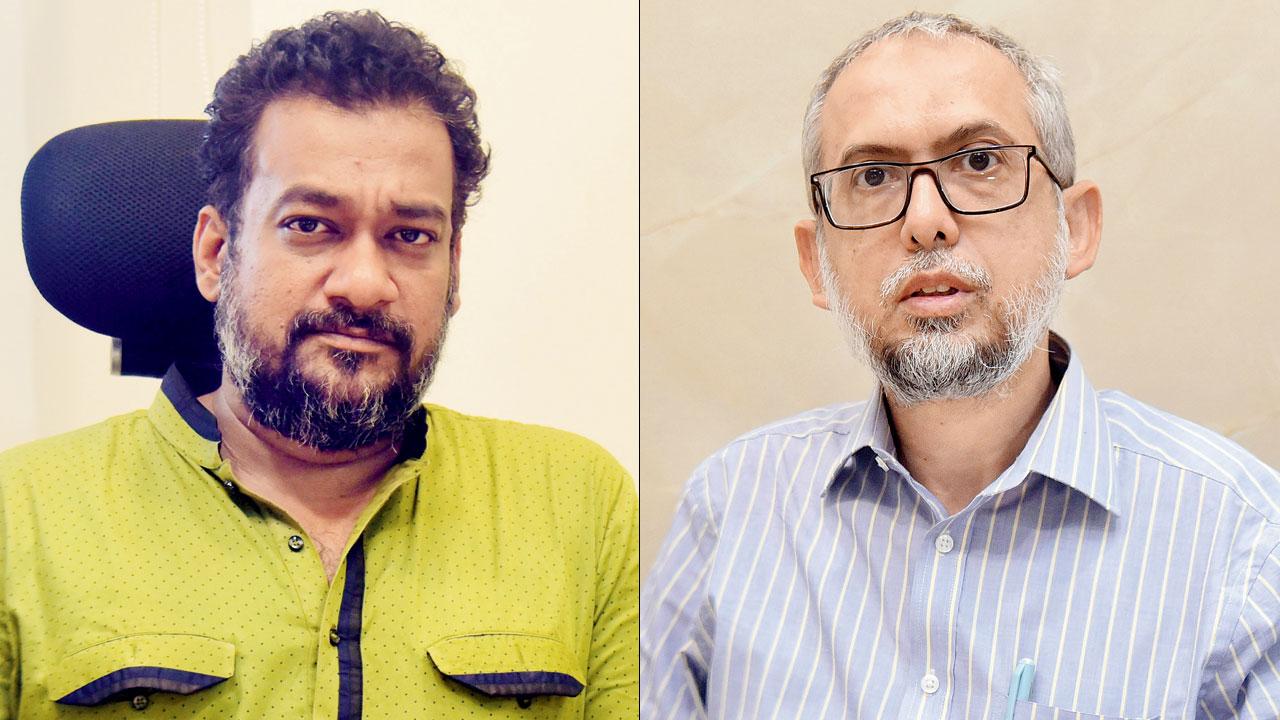Even as Delhi’s Jama Masjid announced and later retracted the decision restricting the entry of women unaccompanied by men, Mumbai’s Juma Masjid and Bombay Trust is making women’s entry possible with structural interventions

Bada Qabrastan at Marine Lines now has a new ghusl khana or washroom specifically for women, built at the entrance, making it convenient for them to use. Pic/Getty Images
Rukhsana Syed Akhtar has been bathing the dead for the last 11 years. She is what the community calls a ghassal. The Nagpada resident is a familiar face at the 193-year-old Bada Qabrastan in Marine Lines as the only woman to perform the religious obligation for deceased Muslim women—bathing their lifeless bodies before shrouding them and performing the last rites when they are lowered into the grave. When COVID-19 struck and the Muslim cemetery was struggling under the load of countless bodies, Akhtar remembers standing in between the dead, calling out their names, as if they were patients waiting outside a doctor’s office.

Rukhsana Syed Akhtar outside the ghusl khana and mosque for women that has come up at Bada Qabrastan, Marine Lines. The dedicated structure allows women the right to pray, grieve and bid goodbye to the deceased in privacy. Pics/Shadab Khan
Before the pandemic, Bada Qabrastan’s ghusl khanas sat at the centre of the cemetery, with three pedestals each to lay down the bodies of men and women. Akhtar and the male ghassals took turns to use the space due to the rush. When a woman’s body arrived, with it arrived her female relatives. But according to the Sunni school of Islamic thought, women are not allowed inside a cemetery. “This is in continuance of the tradition of ‘parda’; in this case, even from the dead,” says Akhtar. The Shia school of thought, however, imposes no such restriction.
Also Read: Mumbai: Hawker licences will have to wait until new policy
The long walk the women had to make past the dead to reach the centrally positioned ghusl khana in the cemetery, which is a Sunni waqf (endowment) property under the Juma Masjid and Bombay Trust, became a recurring issue. A few months ago, the Bada Qabrastan got a new ghusl khana, specifically for women, built right beside the main entrance. This one comes with its own mosque on the first floor where the women can offer namaz.
“Sunni Islam mein aurat ka qabrastan mein jana mana hai. Par COVID-19 ke dauran bahot aurto’n ka andar jana hua, jo mazhab ke nazariye se theek nahin hai. Jabse ye naya ghusl khana bana hai, aurto’n ko bahot asaani ho gayi hai. Jab woh kisi mayyat ke saath ab aati hain toh itminaan se yahan namaz padhti hain aur agar mere saath ghusl dena chahti hain apni family ko, toh de sakti hai. Pehle ye mumkin nahi tha,” Akhtar tells us. The seven-and-a-half acre qabrastan is said to be the only one in Mumbai to bury even the destitute.

Hawa Bibi, 53, and her daughter-in-law Sadiya, from Surat, pray at the women’s mosque at the 280-year-old Juma Masjid. in Crawford Market. Muslim women visiting the market to shop, now have a place to rest, relieve and offer namaz
Chairperson of the Juma Masjid and Bombay Trust, Shuaib Khatib gives credit to businessmen Sabir Nirman and Hamid Nathani. “A tenant was occupying the room on this 700 sq ft land. Nirman and Nathani took over the room and gave it to the Trust as waqf, for the purpose of building this ghusl khana and mosque for women,” he says. Khatib tells us that during the first two waves of the pandemic, he was made head of the COVID-19 burial task force by the Municipal Corporation of Greater Mumbai (MCGM). Coordinating with 42 cemeteries, the task force managed to bury 3,300 people free of charge.
“Hospitals would directly reach out to us for the burials.” Last week, Delhi’s Jama Masjid was mired in controversy after it made an announcement about the restriction of entry to women who are unaccompanied by men. This was later revoked after the intervention of the Lieutenant Governor.
Mumbai, on the other, is showing the way to equality of genders. At the 280-year-old Juma Masjid, which towers over the bustling Crawford Market, the Trust has set up a dedicated mosque for women with a separate ladies entry carved out. Opened six months ago, it is laid out with carpets and fitted with fans, has a shed and toilets, holy books, rosary beads and janamaz (the mat used for offering namaz), making it a comfortable space within the larger mosque complex. Contrary to popular perception about mosques being non-inclusive, Khatib clarifies, “Islam doesn’t restrict women from praying at a mosque, but most spaces don’t have the appropriate arrangements for them as prescribed in the Shariah. This becomes an impediment when they want to pray outside home.”
Visiting Mumbai from Surat on a shopping trip with family, 53-year-old Hawa Bibi, her daughter-in-law Sadiya Mohammad Surti and daughter, are present at the mosque, when we visit it on a weekday afternoon. “In Surat, we have never been out to a mosque to pray. It was helpful to find this space here. We have come on a short wedding-shopping trip and there was no time to go back to our lodge to pray. We also rested a bit before continuing on our journey back home,” Bibi says.

Shuaib Khatib and Aziz Jadwet
Four months ago, the Juma Masjid also started its in-house guidance centre, Family First. Family counselling to help with marital discord, property and inheritance, financial counselling for debt and better investment practices, career progress and most importantly, mental health advice are all offered here. “During the pandemic, we saw how the community was struggling with mental health issues. School students were having suicidal thoughts, and people were grappling with depression and anxiety because of financial struggle. Here, top psychologists and counsellors offer their services for just R350. For those who can’t pay, we are here to help,” Khatib says. Finance executive Aziz Jadwet, who has been helping at the centre, says, “In the first month itself, we saw 30 people approach us for help.”
 Subscribe today by clicking the link and stay updated with the latest news!" Click here!
Subscribe today by clicking the link and stay updated with the latest news!" Click here!






